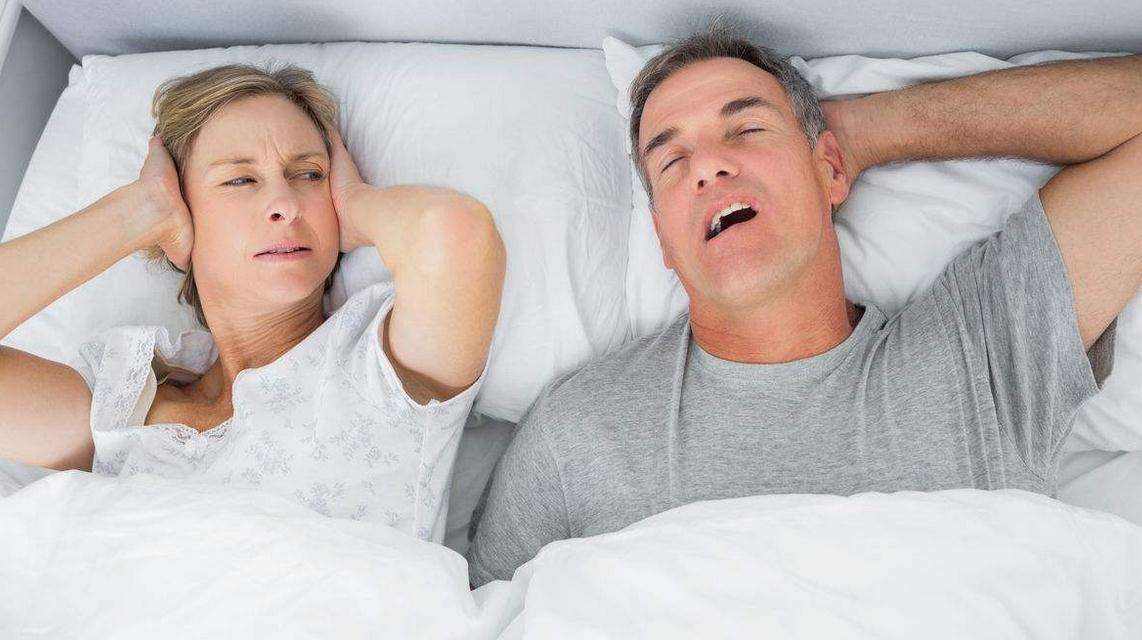- Home
- Hearing Loss
- Hearing Aid Use And Care
More Than Snoring: Apnea & Hearing Loss Linked
2020-08-19 Poor sleep has long been linked to a wide range of negative health consequences such as heart disease, diabetes, depression, and decreased concentration. Sleep apnea, a disorder that causes a disruption in breathing patterns while asleep, is known to exacerbate these related concerns. In addition to making you groggy and irritable, routine snoring and an interrupted sleep schedule can have a serious impact on your hearing health.In a study performed by Dr. Amit Chopra, M.D. in 2014 at the Albany Medical Center in New York, 14,000 individuals were tested to determine if there is a link between a pause in breathing during sleep and hearing loss. The results were alarming, as they demonstrated that the risk of developing a low-frequency hearing loss went up by 90% in those who experienced symptoms of sleep apnea, while the risk of a high-frequency hearing loss increased by 31%. The chances of developing a hearing loss of both high and low frequencies was raised by nearly 40%.

The link between sleep apnea and hearing loss
Even when other factors related to hearing loss are accounted for, studies have shown that sleep apnea alone can do damage to the circulatory system. Blood vessels which are disturbed by the irregular breathing and choking effects of sleep apnea are likely to become inflamed over time, which can starve the inner ear of the blood flow it needs to function properly.
As most people who have lived with someone suffering from sleep apnea, snoring occurs for a long period of time and is often very loud. Since your ears continue to work while you sleep, this prolonged exposure to snoring at a high volume can damage the sensitive hair cells in the inner ear which are responsible for hearing.

How to address sleep apnea and hearing loss
Correcting issues related to sleep apnea may stall the onset of hearing loss, but patients who are being treated for any sleep disorder should consider consulting a hearing care professional for a hearing evaluation. Many common treatment options for sleep apnea include nasal decongestants, positional therapy which teaches the patient to readjust their body at rest and increase air flow, devices which reposition the jaw to allow for better respiration, and continuous positive airway pressure (CPAP) machines. More severe cases may require surgery, so it is important to consult a doctor before symptoms worsen so that you can protect your sleep schedule and your hearing before excessive intervention is needed.

Prevent hearing loss with help from a hearing care professional
Taking reasonable precautions to protect your own hearing can help you avoid many causes of hearing loss. However, if you have already suffered enough damage to cause ringing in your ears, find it difficult to hear someone talking a few feet away, or struggle to understand conversations, don’t hesitate to contact a hearing care professional. One visit could give you a lifetime of tools to safeguard against losing more—or all—of your hearing.
Latest
- 4 Essential Communication Rules for Family Members of Hearing Aid Users
- Hearing Aid "Break-In Period": Say Goodbye to Discomfort, Hello to Clear Sound
- The ultimate guide on how to choose hearing aids for seniors
- In addition to performance, how do parents choose children's hearing aids?
- Hearing Care Professional: How Do You Maintain Your Hearing Aids Regularly?
Hearing Aid Use And Care













All 0 comments